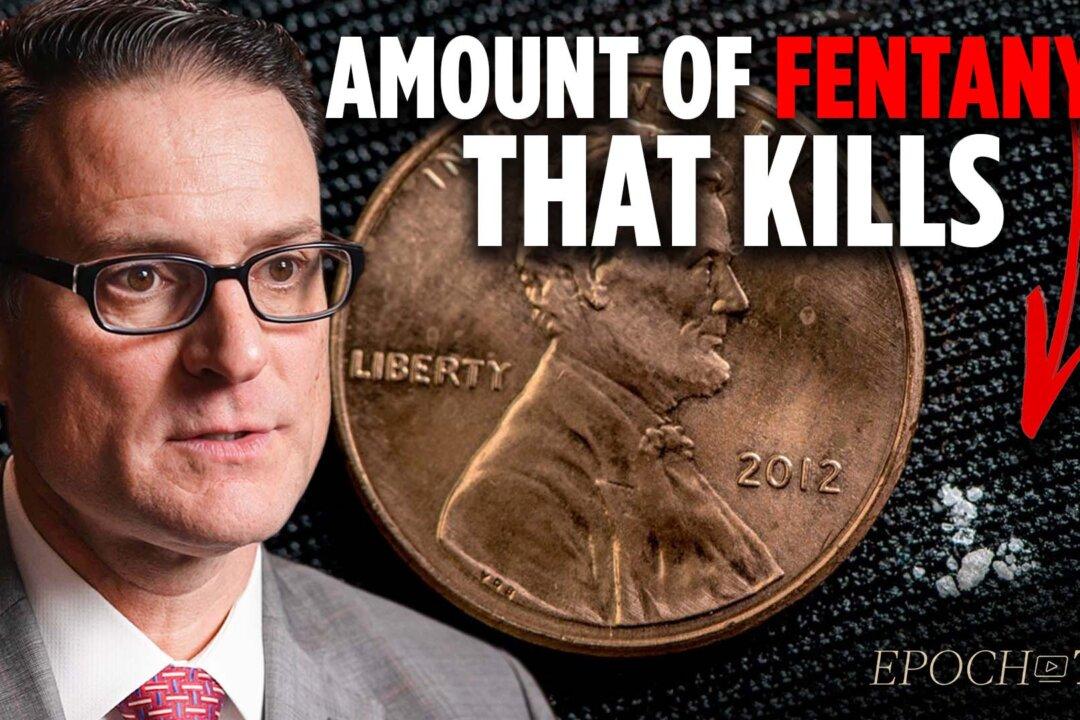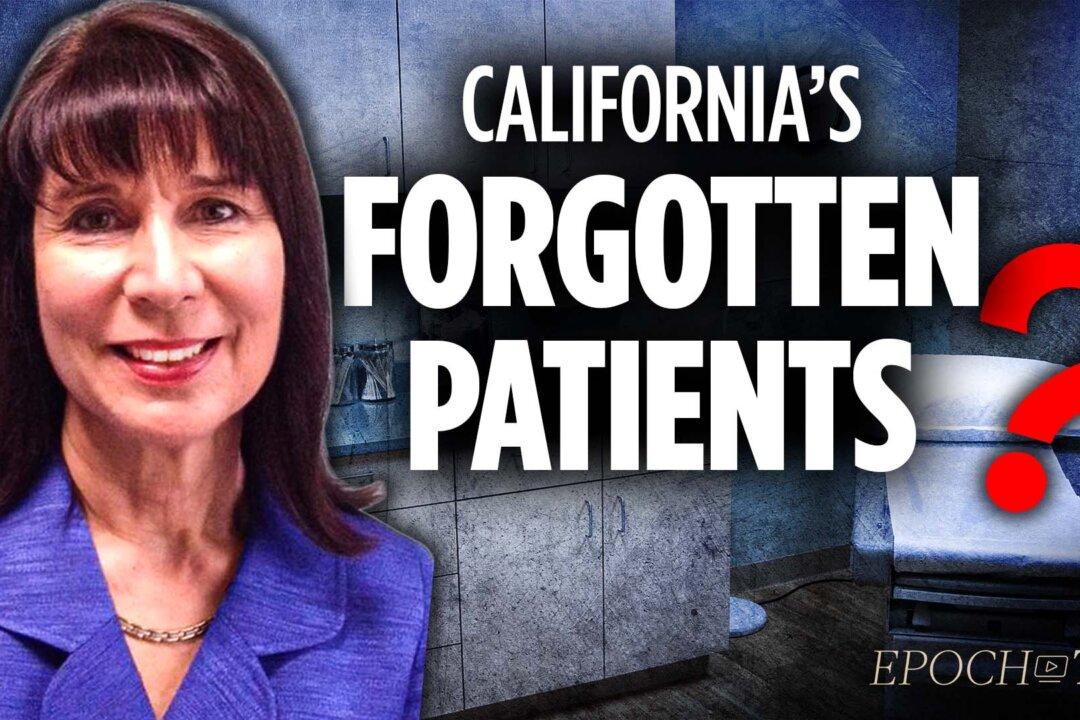A single-payer health care bill died in the California State Assembly on Jan. 31 without enough support from lawmakers—a win, according to a health care policy expert, as the bill would have increased taxes and slashed doctors’ payroll.
Sally Pipes, president in Health Care Policy at the Pacific Research Institute, told the EpochTV’s “California Insider” program the bill would have led to an exodus of doctors leaving the state.




